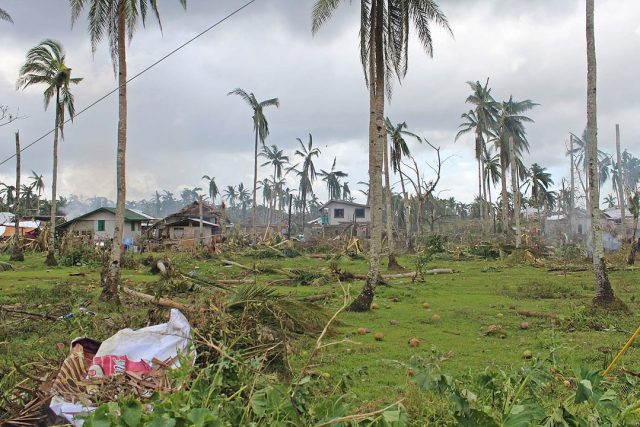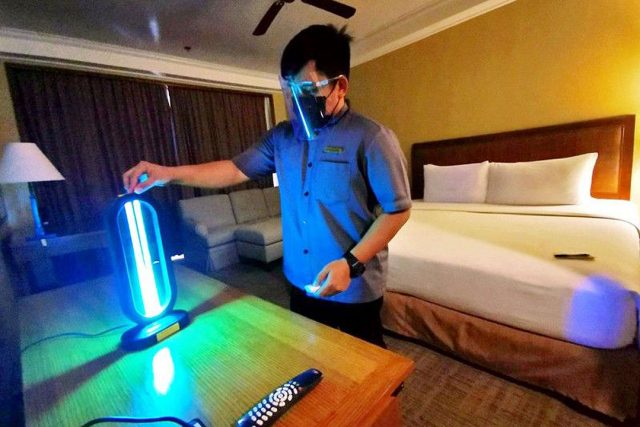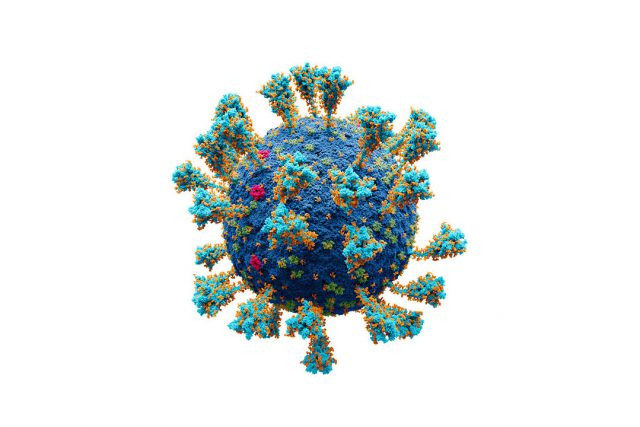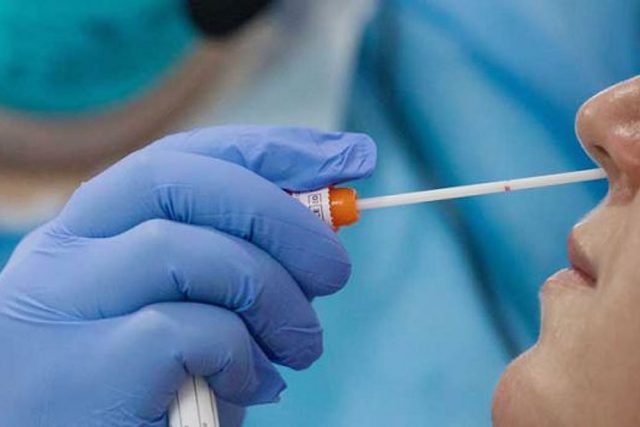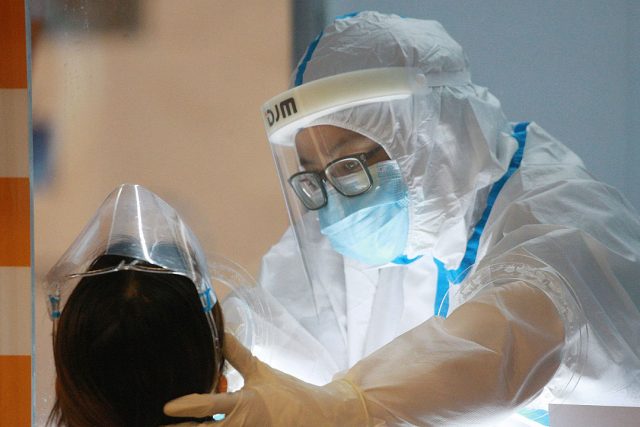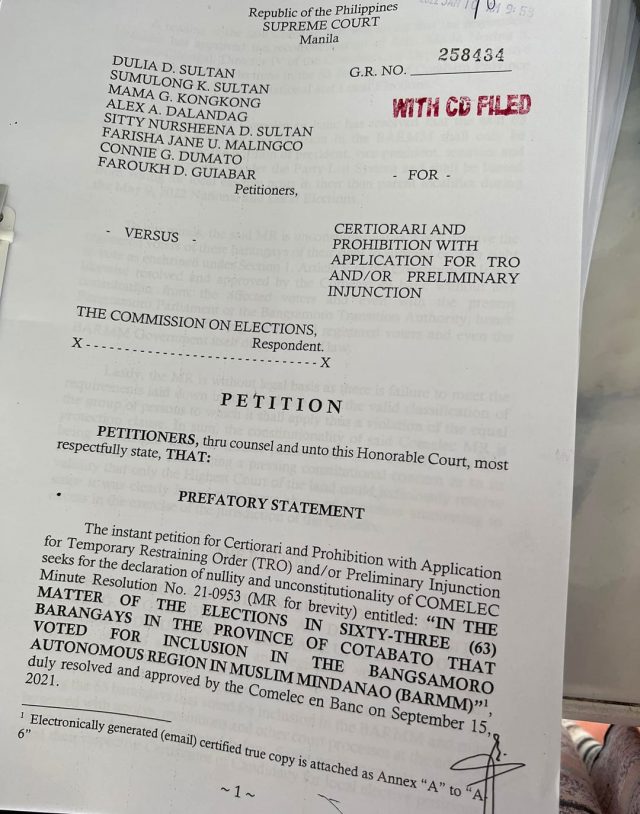By Kyle Aristophere T. Atienza, Reporter
ACTIVE coronavirus infections in the Philippines hit a record of more than 200,000 on Wednesday amid a surge probably spurred by the highly mutated Omicron variant, as the country posted 32,246 more cases.
There were 208,164 active cases, 6,435 of which did not show symptoms, 197,091 were mild, 2,872 were moderate, 1,468 were severe and 298 were critical, the Department of Health (DoH) said in a bulletin.
Total infections hit 3.06 million, while deaths increased by 144 to 52,654. Recoveries rose by 5,063 to 2.8 million, the agency said.
It added that 45.7% of 63,0-3 samples on Jan. 10 tested positive for coronavirus disease 2019 (COVID-19), way above the 5% threshold set by the World Health Organization (WHO).
The agency said 99% of the cases occurred from Dec. 30 to Jan. 12. The top regions with new cases in the past two weeks were Metro Manila with 17,902, Calabarzon with 6,838 and Central Luzon with 3,268 cases. Of the deaths,14% occurred in January, 6% in September and 22% in August.
It said 85 duplicates had been removed from the tally, 68 of which were reclassified as recoveries and one was tagged as a death, while 125 recoveries were relisted as deaths. Eleven laboratories failed to submit data on Jan. 10.
DoH said 43% of intensive care unit beds in the country had been used, while the rate for Metro Manila was 56%.
The country is struggling to contain a fresh spike in infections spurred by the highly contagious Omicron variant.
Health Secretary Francisco T. Duque III said deaths and hospitalizations were lower than during the surge spurred by the Delta variant.
“It looks like the deaths now continue to go down compared with Delta,” he told an online forum. “When you talk about deaths, there is no such thing as an improvement but I guess the numbers are better.”
“The number of deaths continues to go down because the severe and critical cases are lower, preventing hospitalizations and deaths,” he added.
Mr. Duque noted that based on their study of 8,500 hospital admissions, there were only about 700 severe cases. “Only 217 are critical or about 3%.”
“Hopefully, our intensive care unit utilization rate continues to be down compared with when the Delta surge was happening.”
NOT MILD
Mr. Duque said it was premature to say that the lower number of coronavirus infections on Tuesday showed a downtrend. Cases recorded on Tuesday were from the testing output on Sunday. Testing output is usually lower on Sundays because some laboratories are closed.
“This is not an indication that the peak is over,” Mr. Duque said. “We might still be in the acceleration phase of our surge but of course, we are doing our best to hopefully contain this as soon as possible.”
Mr. Duque spoke before the Health department came out with coronavirus numbers. Wednesday’s tally was higher than Tuesday’s 28,007 infections.
WHO Director-General Tedros Adhanom Ghebreyesus earlier noted that while the highly mutated Omicron variant appears to be less severe than Delta, it should not be categorized as mild.
“Just like previous variants, Omicron is hospitalizing people and it’s killing people,” he said on Jan. 6, based on an article published by The Tampa Bay Times.
Omicron might soon become the dominant coronavirus strain in the country, replacing Delta, WHO representative to the Philippines Rabindra Abeyasinghe separately told a televised news briefing on Wednesday.
“We have been trying to understand the spread of Omicron in the Philippines and it is not surprising because the transmissibility of Omicron is significantly higher than the currently dominant Delta variant,” he said. “We would expect to see Omicron displacing the Delta variant.”
He said Omicron is dominant based on a recent sequencing of samples collected from the National Capital Region (NCR) and returning overseas Filipinos.
“To say whether it is the predominant variant in the country, it will soon be so but because we have very few sequencing results from the other regions, it’s difficult to conclusively judge,” he added. “But it’s not entirely a surprising result, and we believe that in the near future, Omicron will displace Delta variant as the predominant variant as it has done in several other countries.”
Omicron had now dominated Philippine coronavirus infections Mr. Duque said on Tuesday, citing the latest genome sequencing. He said 60% of the samples were positive for the Omicron variant.
The virus reproduction number in Metro Manila had decreased to 4.69 as of Jan. 8, the OCTA Research Group said in a report, noting that it has been higher than 5 since Dec. 30. It added that the reproduction rate was 6.16 on Jan. 2.
“A decreasing reproduction number indicates that the trend is slowing down,” OCTA said. “One way to think of this is a decreasing growth rate — cases are still rising but at a slower pace.”
OCTA noted that in past surges, “a peak is always preceded by a decreasing reproduction number.” “Because the trends being observed are based on limited data, there is still uncertainty when the peak might happen.”

